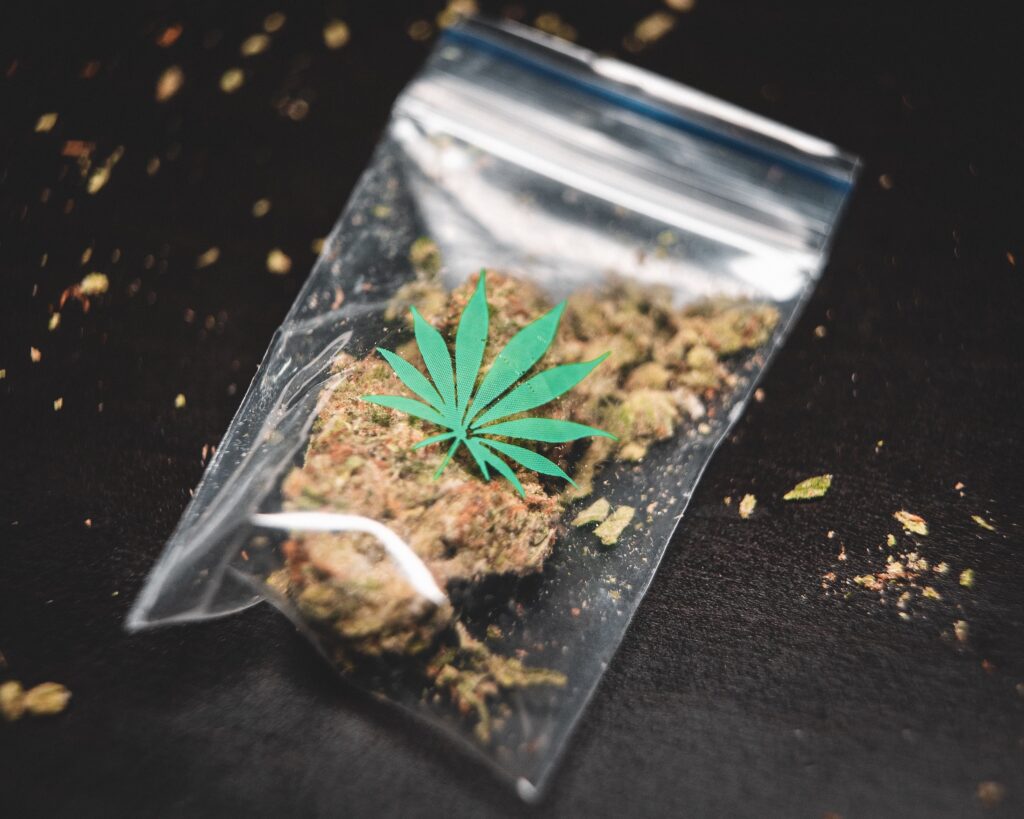It’s crucial to keep in mind that it is the responsibility of the State to establish both your possession of the substance in question and your intent to sell it. It is frequently quite simple to establish felony drug possession, but the State often has trouble establishing intent to distribute in drug trafficking cases.
The State frequently turns to expert testimony when there isn’t clear proof that a narcotics transaction actually took place. These specialists will try to prove that there is other evidence or indications of drug trafficking in addition to the narcotics found in your possession.
In cases involving drug trafficking, both federal and State laws are relevant. Federal law will be enforced if someone is found trafficking a controlled narcotic across state lines, however if the drug trafficking occurs solely within one State, only that state’s laws will be enforced.
There are numerous federal drug laws in place, in addition to each State’s own set of drug laws. Many state laws have minimum sentencing guidelines for criminals based on federal statutes.
Lawmakers typically pass these regulations to discourage the major drug cartels, but more frequently, lower-level dealers are the ones who end up facing the consequences.
Federal penalties can be steep! Here are a few penalties you could face if you are charged with trafficking or intent to sell:
- 10 years to life for 1 kilogram of heroin
- 5 to 40 years for 100 grams of heroin
- 10 years to life for 5 kilograms of cocaine
- Up to 40 years for 500 grams of cocaine
- Up to 5 years for 50 kilograms of marijuana
- 10 years to life for 1000 kilograms of marijuana
Note: Drug trafficking regulations have been complicated by the legalization of marijuana in several states. Although some states have legalized marijuana on a state level, the federal government still views cannabis as unlawful, and its enforcement has not changed. It is necessary to remember that even in states where marijuana is legal, trafficking marijuana in amounts above a specific threshold may still be criminal. For instance, transporting even 4 ounces of marijuana is illegal in Colorado.

